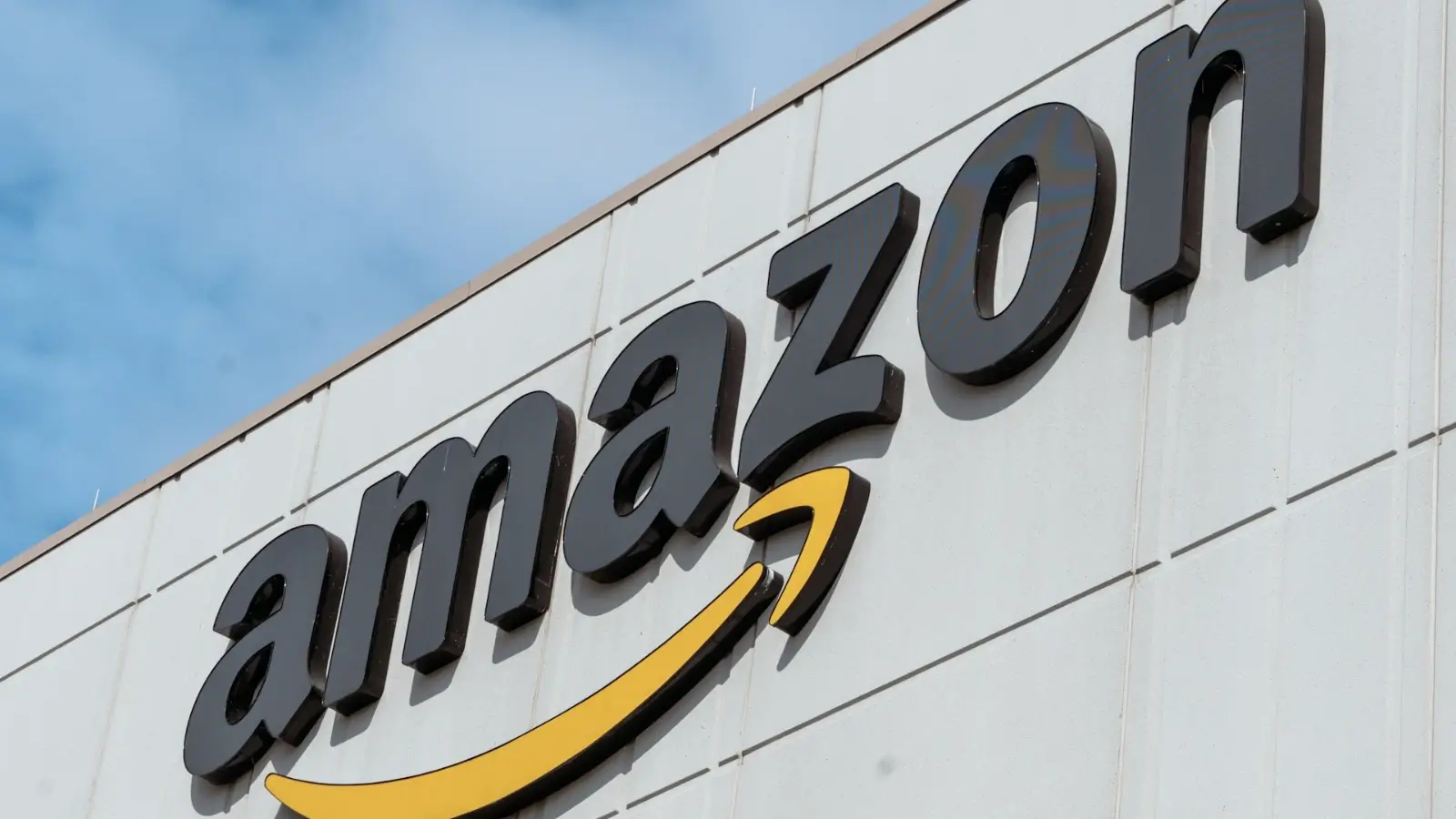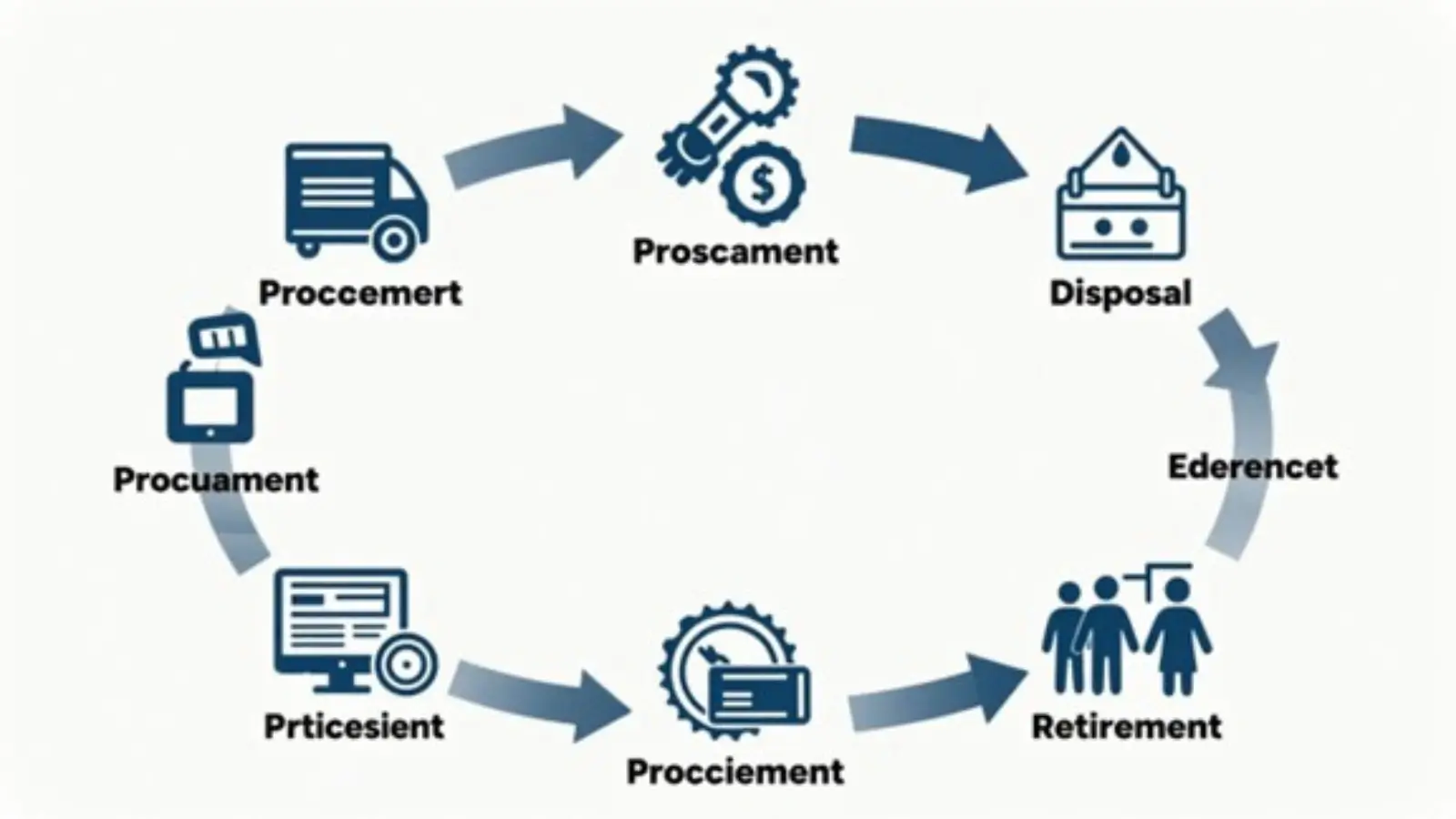How Can GPS Tracking Help with Route Optimization?

Companies operating fleets of vehicles have to keep adapting to new market demands. This is where fleet operators find GPS tracking system for vehicles to be a valuable tool for reducing unnecessary costs and improving efficiency and productivity. One of the most effective ways GPS systems help achieve this is through route optimization.
Achieving Maximum Efficiency through Optimized Route Planning
Efficient route planning is among the most important requirements for achieving greater fleet efficiency. GPS tracking systems help with it because they provide access to real-time data. They empower you with the information needed to optimize routes and address operational inefficiencies.
Some of the different ways this is achieved include:
-
Adaptive navigation
-
Accurate info on ETA
-
Minimizing empty miles
Analytical Insights for Optimized Routing
You can optimize your fleet’s routes over time through the analysis of historical data. This can help you identify:
-
Traffic patterns
-
Ideal delivery time windows
-
Preferred routes
GPS technologies can provide you access to sophisticated algorithms to generate the most optimal routes.
You can plan routes to minimize travel time and optimize delivery efficiencies. Such a level of route optimization brings down costs and enhances delivery reliability, both of which can benefit your business.
Route Optimization Features
Route optimization can benefit your fleet operations in different ways. It is recommended to choose GPS-based fleet management systems that offer the following features and benefits:
Real-Time Route Information
Dynamic route planning works in real-time. The software keeps updating the routes at all times. There are many reasons for changes in routes. The reasons can include:
-
Customers canceling orders
-
Addition of new jobs
-
Changes in road traffic
-
Road accidents
-
Changes in weather conditions
Access to such data in real-time can help fleet managers and drivers avoid delays. Any time these issues affect a driver’s path, the route can be automatically updated to find another faster way. Thus, the use of GPS tracking-based fleet management systems can reduce the chances of your vehicles getting stuck in traffic jams.
Tracking Historical Data
GPS-based fleet management systems also bring historical data into the decision-making process. For example, GPS tracking can help gather data on road traffic around a specific time of day. This data can be helpful in planning routes during rush hour traffic.
Such technology can also utilize customer data such as their availability or preferred delivery times. This data can be used to deliver to specific customers along the route. Historical data can play an important role in creating the optimal routes for current fleet operations.
Route Sharing
Certain GPS-based fleet management systems further allow you to share routes across your fleet. This is especially beneficial considering that drivers cannot always stay connected on the phone to update their fleet managers on their current routes or route changes.
With GPS tracking systems, you will always know where every driver is and the route they are on. Additionally, GPS data also allows you to send out notifications to customers on the driver’s position. This can help improve customer service quality.
Accurate information on ETA can help you improve customer satisfaction. When you include GPS tracking in your system, you can update your customers in real-time. This can create a more trusting relationship between your company and your customers.
Conclusion
Thus, a GPS tracking system for vehicles can help with route planning in different ways. Access to real-time data allows your drivers to follow the best possible routes, saving both fuel and time. Your pickups and deliveries can get scheduled on time and your company can achieve greater customer satisfaction. Reducing or eliminating incorrect routes and unnecessary detours can go a long way in making your business much more efficient.




















